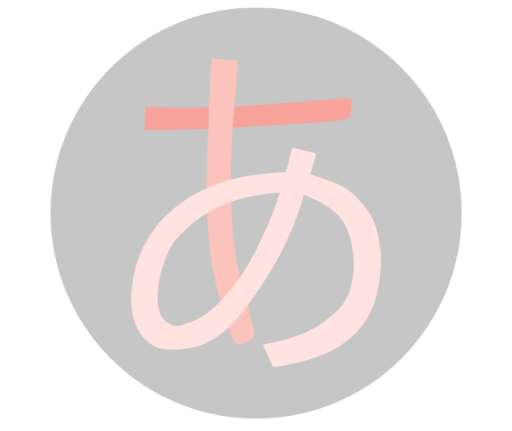
Free Japanese Quiz
for Beginners
experience・explanation
23-2
Plain Form-んです
Please change the words to the form of “… んです”.
Please touch “answer” to see the answer.
1.
らいげつ しごとを やめます。アメリカに ( りゅうがく します → )。
I’m quitting my job next month. I’m going to US for studying.
2.
( There are leftovers on the plate. )
A : たまごは きらいですか?
B : たまごは すきですが、( たまごアレルギーです → )。
A : Don’t you like eggs?
B : I like eggs, but I’m allergic to eggs.
3.
カフェを はじめると ききましたが、しごとは ( やめますか → )?
Someone told me that you’re going to open a cafe. Are you going to quit your job?
4.
えきに ひとが たくさん いました。きょうは なにか イベントが ( ありますか → )?
There were many people in the station. Is there some event today?
5.
ぐあいが わるそうですね。( どうしましたか → )?
You don’t look well. What’s the matter?
6.
この りょうりは どうやって ( たべますか → )?
How do you eat this dish?

Grammar
Plain Form んです
“… んです” is spoken Japanese, and people often use it, but It’s hard to translate to English, so please learn its usage with example sentences one by one.
You explain the reason.
( I can not eat anymore. I’m full. )
You explain your situation.
( I’m in hurry. I don’t have time. )
You ask somebody to make sure what I saw or heard is correct.
Ms.Mori is getting ready to go home …
( Are you leaving now, Ms.Mori? )
You want someone to explain.
You saw many police cars …
( What happened in front of the station this morning? )
Japanese people often use these expressions because it sounds like more natural with “んです”.
PatternPlain Form んです
( na-Adjective
1. I didn’t go to the party. I had headache.
2. Why are you carrying a big bag?
link
Japanese broadcasting station, NHK site helps you to learn Hiragana, Katakana, and Kanji.
